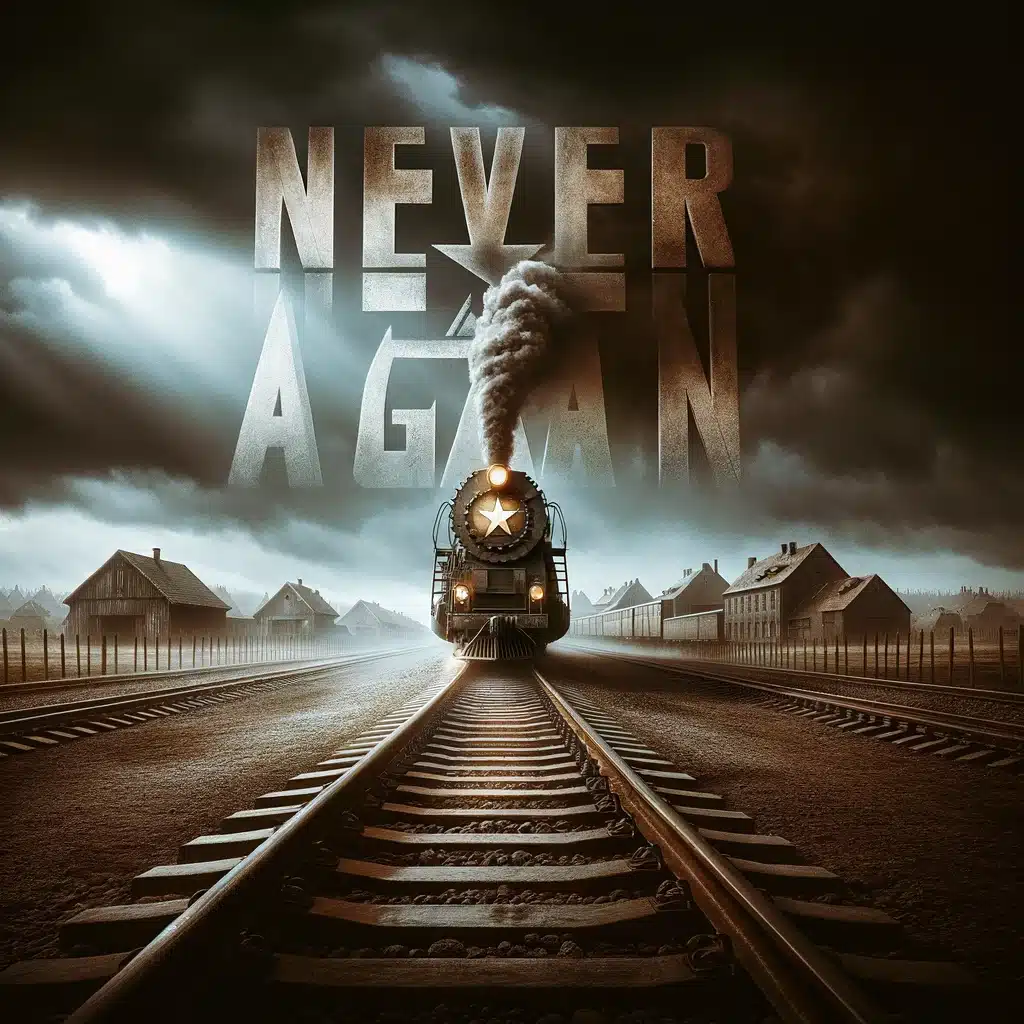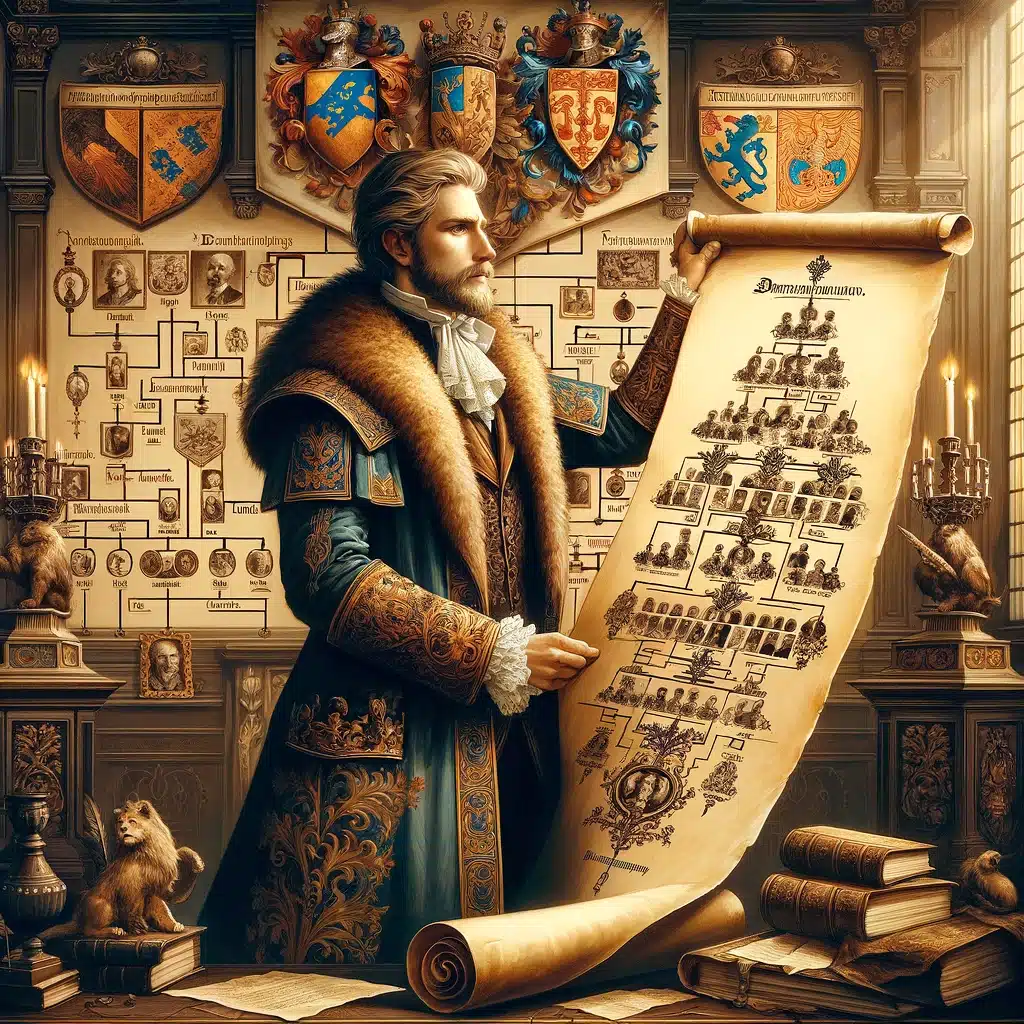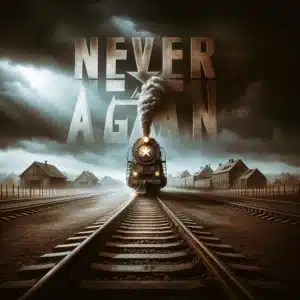Bearing Witness: The Imperative of Remembering the Holocaust
In the tapestry of human history, few events have etched as profound a scar on the collective memory of humanity as the Holocaust. This cataclysm, which unfolded during World War II, led to the systematic extermination of six million Jews, alongside countless other victims persecuted for their ethnicity, beliefs, or identities. The Holocaust’s sheer scale and the calculated brutality with which it was executed make it a stark reminder of the depths of cruelty and indifference humanity is capable of. Remembering this tragedy, especially by those whose family members were direct victims, is not just a personal act of mourning but a vital commitment to the broader principles of human rights, justice, and collective memory.
The Personal Dimension of Remembrance
For descendants of Holocaust survivors and victims, remembering is an intimate act that honors the lives of those who suffered and perished. It is a tribute to family members who endured unimaginable horrors and, in many cases, displayed extraordinary resilience and courage. This act of remembrance serves as a bridge between generations, ensuring that the stories of survival, loss, and resistance are not lost to the sands of time but are preserved as a testament to the indomitable spirit of those who were affected.
The Universal Significance of Holocaust Memory
Beyond the personal sphere, the remembrance of the Holocaust carries profound universal significance. It stands as an unequivocal declaration that such atrocities should never again befall any group of people. This commitment is encapsulated in the poignant refrain “Never Again,” a pledge that extends beyond the Jewish community to encompass all humanity. In remembering the Holocaust, society reaffirms its commitment to vigilance against hatred, bigotry, and the ideologies that fuel such crimes against humanity.
Education and Awareness
Holocaust education plays a pivotal role in ensuring that the magnitude and implications of this tragedy are understood by successive generations. Through education, young people can grasp the consequences of unchecked prejudice and the importance of standing up against discrimination in all its forms. Schools, museums, and memorial sites dedicated to the Holocaust serve not only as repositories of history but as spaces for reflection on the values of tolerance, empathy, and the sanctity of human life.
The Role of Personal Narratives
The personal narratives of Holocaust survivors and their families are invaluable resources that bring a human face to the statistics and historical analyses. These stories, whether conveyed through books, documentaries, interviews, or testimonies, offer intimate insights into the lived experiences of those who navigated the darkest chapters of human history. They serve as powerful counterpoints to denial and distortion, anchoring the historical reality of the Holocaust in personal truths that are as undeniable as they are compelling.
The Challenge of Rising Antisemitism
In recent years, the resurgence of antisemitism and Holocaust denial in various parts of the world has underscored the urgency of Holocaust remembrance. These disturbing trends highlight the need for continued vigilance and education to combat ignorance and hatred. Remembering the Holocaust and educating about its horrors is a crucial bulwark against the forces that seek to undermine the truth and sow division.
Conclusion
The act of remembering the Holocaust, particularly by families of victims, is a profound expression of respect for those who suffered and a commitment to ensuring that their experiences are never forgotten. It is a responsibility that transcends personal history, embodying a universal imperative to honor the past, learn from it, and guard against the recurrence of such atrocities. In the face of rising challenges, the memory of the Holocaust stands as a beacon of resilience, a call to action against hatred, and a solemn pledge to uphold the dignity and rights of all individuals.













